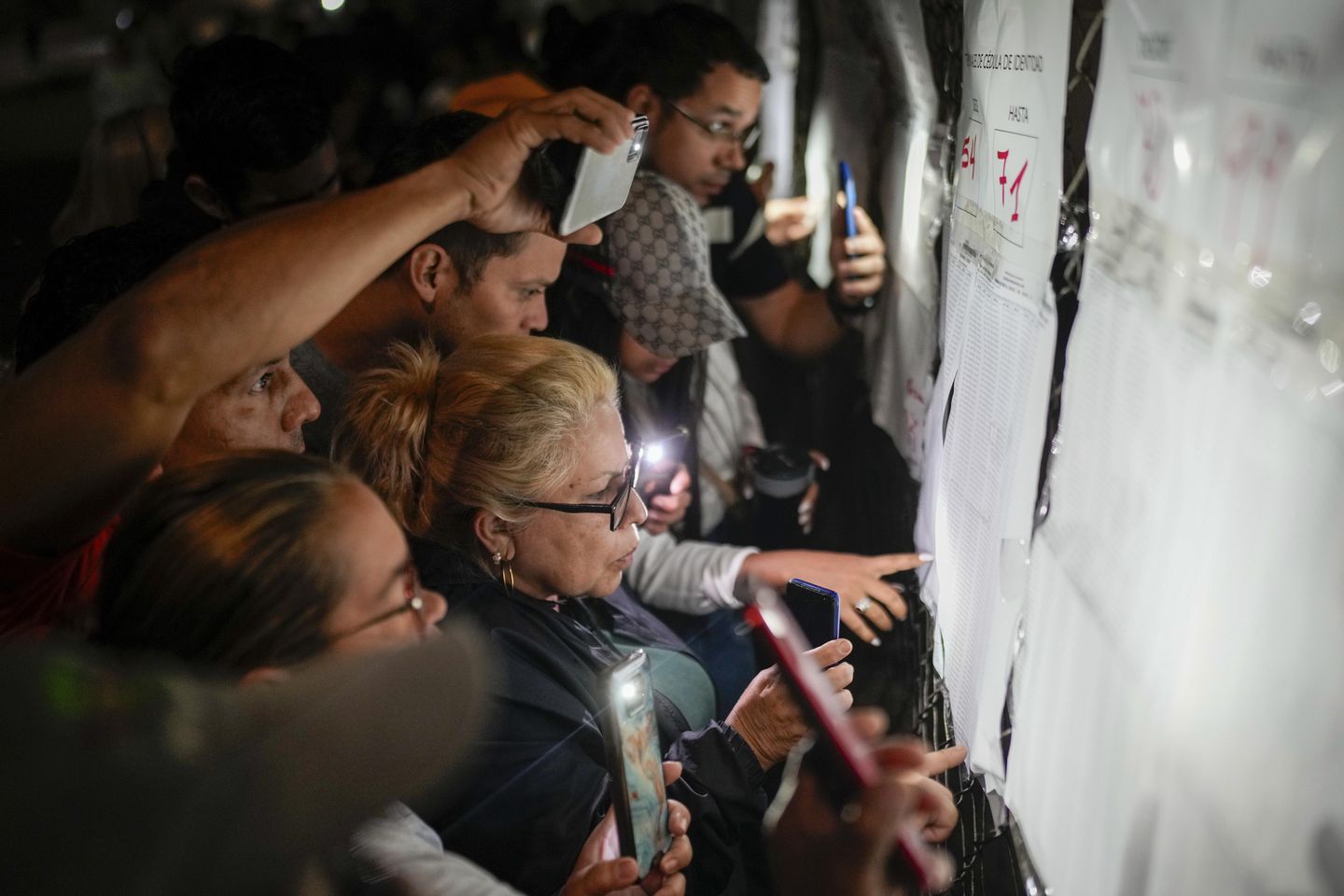Venezuelans are casting their ballots in a crucial presidential election on Sunday, with the results likely to have far-reaching implications for the country’s future. The outcome of the election could either pave the way for a dramatic change in political leadership or see a continuation of the policies that have led to Venezuela’s devastating economic crisis.
The stakes are high for Venezuelans as they head to the polls to choose their next leader. The incumbent president, Nicolás Maduro, is seeking re-election for a second term in office. Maduro, who took over the presidency following the death of his predecessor Hugo Chávez in 2013, has been widely criticized for his handling of the country’s economy and his crackdown on political dissent.
Maduro’s main challenger in the election is opposition candidate, Henri Falcón, a former governor and military officer who has promised to revitalize Venezuela’s economy and restore democracy. Falcón has emerged as a strong contender in the election, garnering support from a wide range of opposition groups and disenchanted voters who are fed up with the current government’s policies.
The election comes at a time when Venezuela is facing an unprecedented economic crisis, with hyperinflation, widespread food and medicine shortages, and a collapsing currency. The country’s economy has shrunk by more than 35% since 2014, and the poverty rate has soared to over 80%. Many Venezuelans have been forced to flee the country in search of better opportunities, leading to a mass exodus of refugees to neighboring countries.
The crisis has been exacerbated by political turmoil and government corruption, as well as international sanctions imposed on Venezuela by the United States and other countries. The Maduro government has been accused of human rights abuses, including the suppression of political dissent and the use of excessive force against protesters.
As Venezuelans cast their votes in the election, they are faced with a stark choice between continuity and change. Maduro has promised to continue the socialist policies of his predecessor, Hugo Chávez, which have been blamed for the country’s economic woes. He has pledged to address the crisis by increasing government control over the economy and cracking down on opposition voices.
Falcón, on the other hand, has positioned himself as a moderate alternative to Maduro, advocating for economic reforms and a more inclusive political system. He has promised to open up the economy to foreign investment, reduce government spending, and promote dialogue with the opposition. Falcón has also called for free and fair elections, and has vowed to respect the rights of all Venezuelans.
The election has been marred by allegations of fraud and voter intimidation, with opposition parties accusing the government of rigging the election in favor of Maduro. International observers have raised concerns about the fairness of the election, citing restrictions on media freedom, political repression, and irregularities in the electoral process.
Despite these challenges, Venezuelans have turned out in large numbers to vote, determined to have their voices heard and to shape the future of their country. Many voters see the election as a referendum on the current government’s policies and a chance to bring about real change.
As the votes are counted and the results are announced, Venezuelans are anxiously awaiting the outcome of the election. The stakes are high, and the future of the country hangs in the balance. Whatever the result, one thing is clear: Venezuela is at a crossroads, and the choices made in this election will have profound implications for the country’s future.









